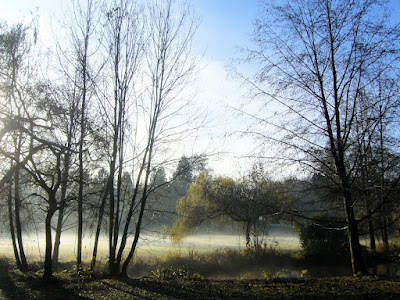
from Charles Mudede some already rather muddled rhetoric contra: The Dog Owner
comes a complete cropper by dragging out the old "cats aren't needy" canard (see above & below) --
comes a complete cropper by dragging out the old "cats aren't needy" canard (see above & below) --
Once the relationship between the dog and its owner is established, there is a strange development. The dog owner allows the dog to take control of more and more of his/her life. But this reward of control is in the context of the exchange of needs—the need for being needed that is satisfied by the absolute neediness, the dog. (Cats are not needy.) So, when a dog owner says, "I do not walk my dog, the dog walks me," this is the need for being needed in its state of freedom. Because the dog has surrendered all of its needs, it is permitted to dominate the need that needs its neediness.
my own views on the subject are aired at great length in the new book To the Dogs, which also contains 150 photographs--you need to own it...






,_by_Alfred_Ellis_%26_Walerie,_1892_2.jpg)

































